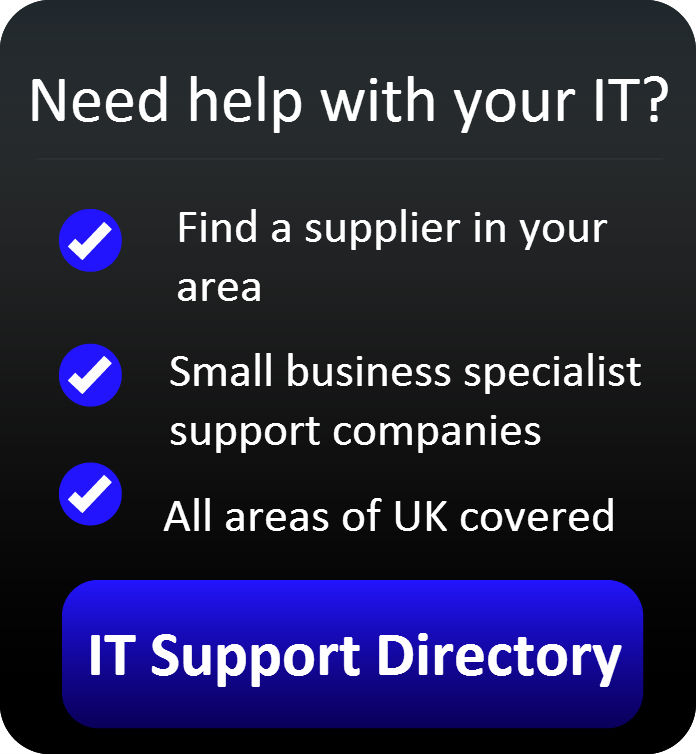Do you need custom software applications?
 Many business software programmes are designed with the common processes of small firms in mind, so is there any need to consider custom software applications?
Many business software programmes are designed with the common processes of small firms in mind, so is there any need to consider custom software applications?
Kate Horstead finds out how to decide whether you should use custom software applications or existing programs.
You might decide to use custom software applications if your business uses a unique process that involves repetitive tasks.
However, Ciaran Kenny, founder of Macnamara ICT, says that it is rarely worthwhile for small firms to build completely new software, as they are usually more similar to other firms than they think.
“Businesses often overestimate how different they are from other firms,” he explains. “As a rule, if they build something from scratch, they would be reinventing the wheel. It is incredibly time-consuming, expensive, and in reality they won’t have the resources, even if it is outsourced.”
Assess your custom software application needs
If you need a particular function, ask other businesses or your IT consultant, or search online to find out whether it is already available.You can also consider customising existing software.
“Increasingly, software packages are designed to be customised to meet business’ process requirements,” Kenny adds.
For example, your CRM system is likely to be similar to many other businesses, but most can be customised if you need to add a particular function.
“Every business wants to know the name of their contacts, and the date of the last call,” Kenny says. “The things that vary are the precise processes that each firm deploys, for example every time they get a new lead they might send out a brochure, and most CRM packages will let you customise them to manage that.”
Are custom software applications the only answer?
If you think you might require custom software, start by assessing your software needs. Ideally, you should use an IT consultant to help you identify these — a typical fee is £300 per day, and it could take two to three days — but if your budget doesn’t allow, you can do a basic assessment yourself.
“Think of your business in terms of data — the information you need to communicate to other people — rather than technology,” advises Kenny. “Ask yourself ‘What is the data and what are we using it for?’ It will then be possible to assess what systems you need to automate or customise.”
Next, you should check what is already on the market before looking at custom software applications.
“CRM systems have largely worked out the processes that every business goes through in converting a lead, but many firms will still often dismiss the built-in process,” says Kenny. “They’ll spend a lot of time trying to implement their own process before realising that it was already available.”
Customise out-of-the-box software
Packages such as Microsoft Access, Adobe Photoshop and AutoCAD make customising your software simple, but Kenny warns that this can be risky if it isn’t done properly — you can get support from your vendor to avoid mistakes.
“If the way you customise your software is not done by the book, when the time comes to upgrade the package, the ‘macro’ — the customised bit — won’t upgrade with it, so many businesses get stuck using outdated pieces of software,” Kenny explains.
“Make sure you have vendor support for your software once you start customising it. There is a cost, but it’s worth the extra few hundred pounds a year.”
Customised software can help your business become more efficient, for example by automating regular tasks. But only invest in it if the functions you need are unavailable elsewhere.
“If you find yourself with the urge to build something from scratch, stop and ask yourself first whether it is really the case that no other business has done the same thing before,” concludes Kenny.





